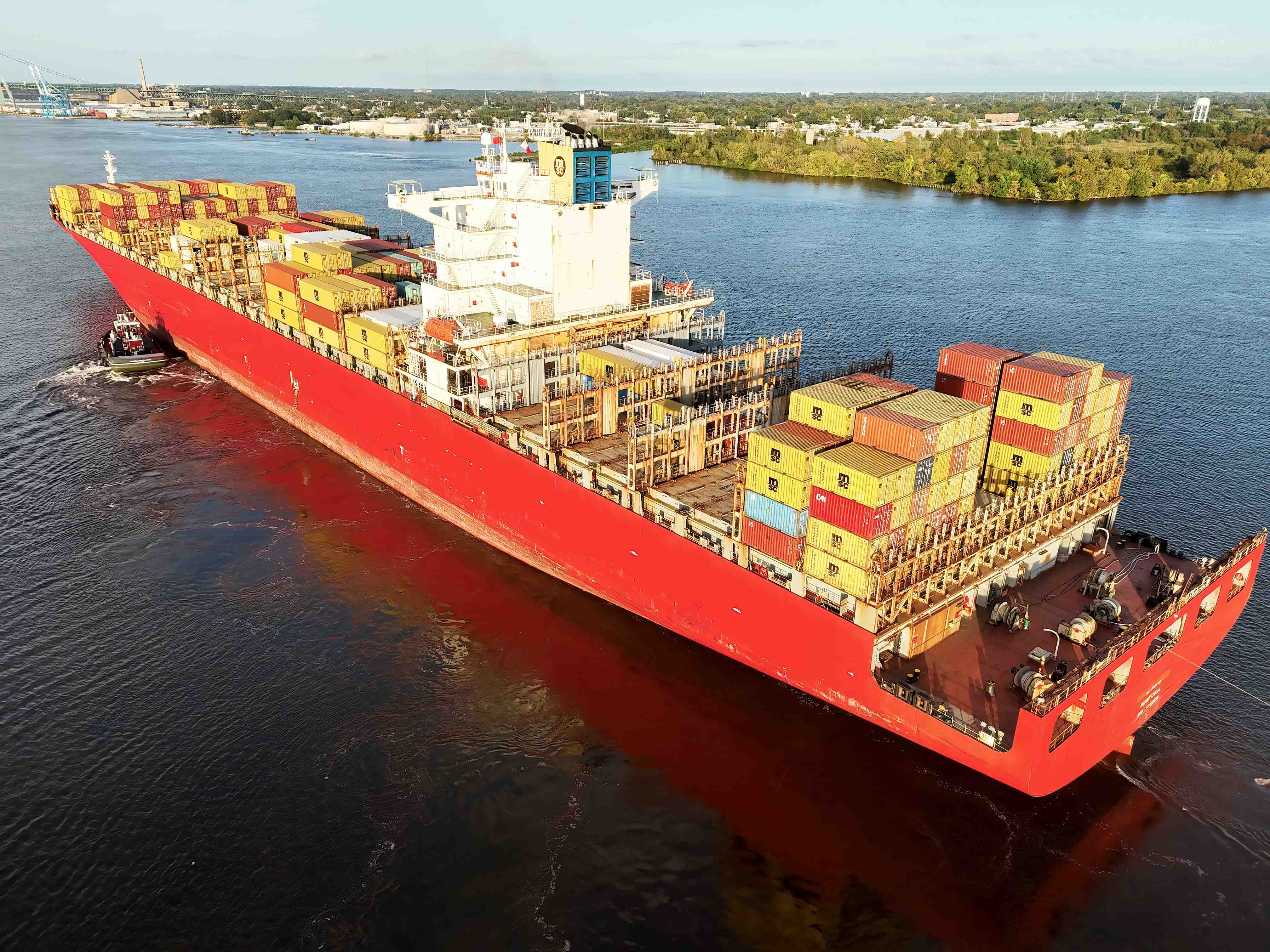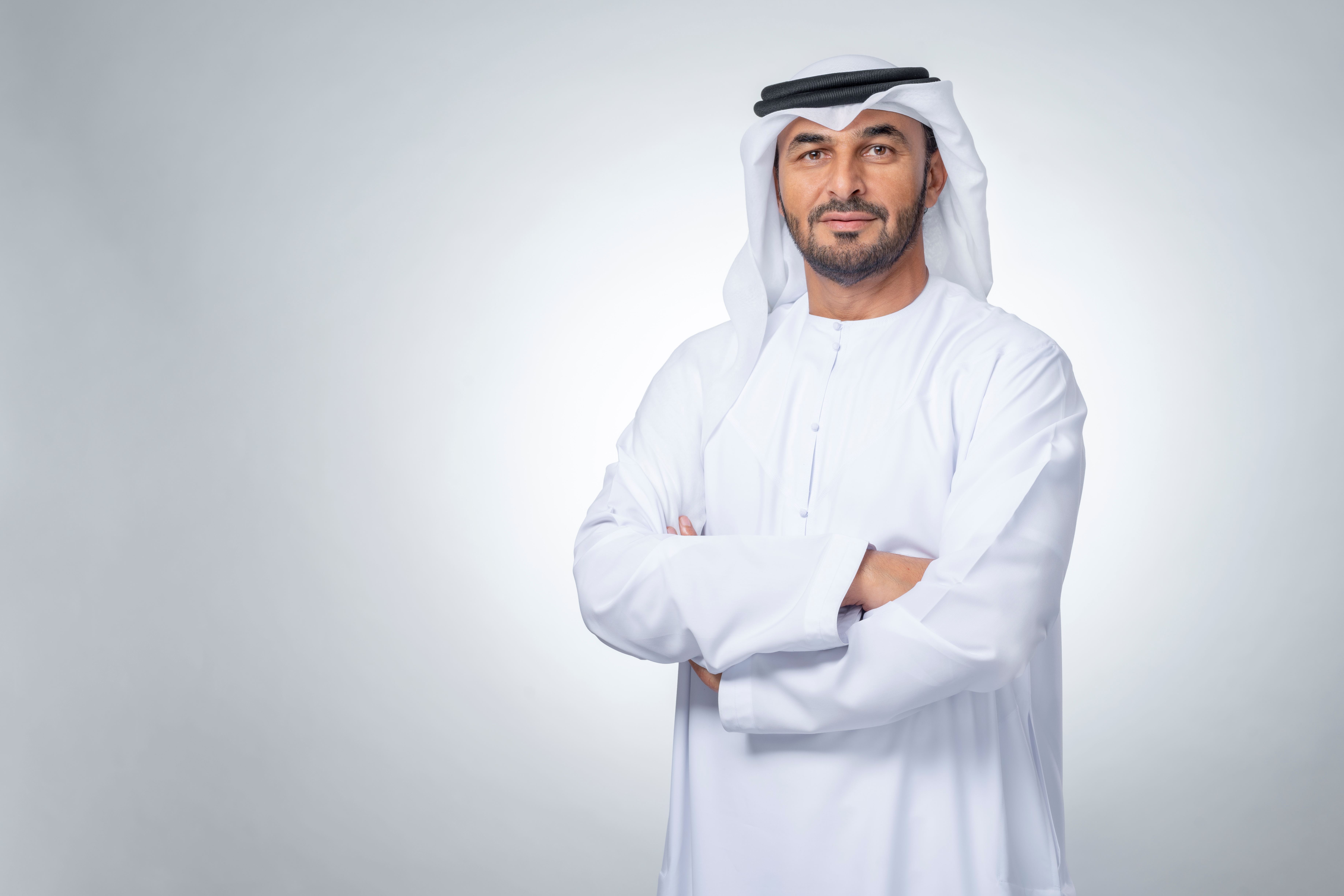In this interview, ICS Publications Technical Writer Sarah Lovell explains how she came to the role and what motivates her to write guidance for seafarers.

When did you join ICS Publications?
I joined just after Easter in 2022, so I have been at ICS publications for nearly two years now and absolutely loving it.
Could you give us a brief overview of your previous experience and background?
I am an ex-seafarer, mainly working on cruise ships and ferries, before I came ashore to do a variety of roles. I started my teaching career in 2013 working at Warsash Maritime Academy teaching their human element courses, before moving to Glasgow and working with Marlins to develop a number of their e-learning courses. I then returned to teaching, working mainly in the cargo, law and navigation subject areas, before coming to ICS as a technical writer.
Usually my first instinct is to think “I wish I had that when I was at sea!”
When producing a new publication, what do you consider to be most valuable for the reader?
I try and put myself in the reader’s shoes – not everyone learns and digests information in the same. So I try and think about all the different learning styles and make sure there is something for everyone. Some people find information easier to digest in written format, while others like to see visuals, where others like to “do” things. So we include written text, infographics and checklists to try and reach all these readers. I am a more practical person and love a good checklist, so I will always try to ensure we have as many checklists and quick reference guides as possible.
What influences you when creating new titles for publications?
I am thinking about what training or support people need. Usually my first instinct is to think “I wish I had that when I was at sea!” and I usually go from there. My biggest influence is that the book needs to be practical and applicable for those on board.
People are really so willing to share their knowledge to help the industry.
Could you give an overview of the process for producing a new edition of an existing publication?
My first step is to read the current edition. I then sit and work out what has changed since the previous edition was released, be it a new piece of legislation, or updated best practices. From here I pull together a rough contents list, with my proposed changes, and then hold a kick off meeting with our technical leads. Then it’s on to the really fun part of pulling it all together and seeing what features we can put in place to help the reader. We go through a really robust review process with the technical leads, and I may conduct interviews with people working in the industry who have extensive knowledge of the subject to make sure the guidance is up to date. We have a number of internal and sometimes external reviews, before the draft goes to the designer and the editor.
What are your key areas of research? What forms the basis of research for a publication?

My research comes from lots of different sources, depending on the type of publication. If it is a legislation-based publication, I will start with a document review, if it is a best practice guide, then I use more interviews with industry experts. I find the best sources of information are usually from talking to people, either internally within ICS or interviewing people outside our organisation. When we were developing the Ship Recycling Guide, I was able to interview a cash buyer and it was so useful to find out what their sticking points were and what they would like shipowners to improve or be aware of. It is one of the parts of the job I love; people are really so willing to share their knowledge to help the industry.
Depending on the publication, we will sometimes have a working group and these are a really important source of information to ensure our publications are relevant to the industry. It is one thing to go and read an IMO Code and another to actually speak to an industry expert about how this practically applies to their ships.
What are you reading/listening to at the moment that you feel your audience may find useful or relevant?
I have been following with a lot of interest the research into how blue whales communicate and how it isn’t possible for them to change the pitch of the whale songs to overcome the sound of shipping and why it is critical that ships reduce their noise profiles. I am finding this really interesting as I am working on an underwater radiated noise guide – what I didn’t know was that a lot of the greenhouse gas emission reduction measures ships are putting in place actually reduce the underwater radiated noise profile of the ship.
What makes ICS publications a trusted source for the shipping community?
I think everyone knows the Bridge Procedures Guide, it’s something that is your bible when you are a cadet, so you know the name from very early on in your career. Everyone knows ICS publications and there is a lot of time, effort and pride put into the publications from a lot of people, both within ICS and those outside of it.



